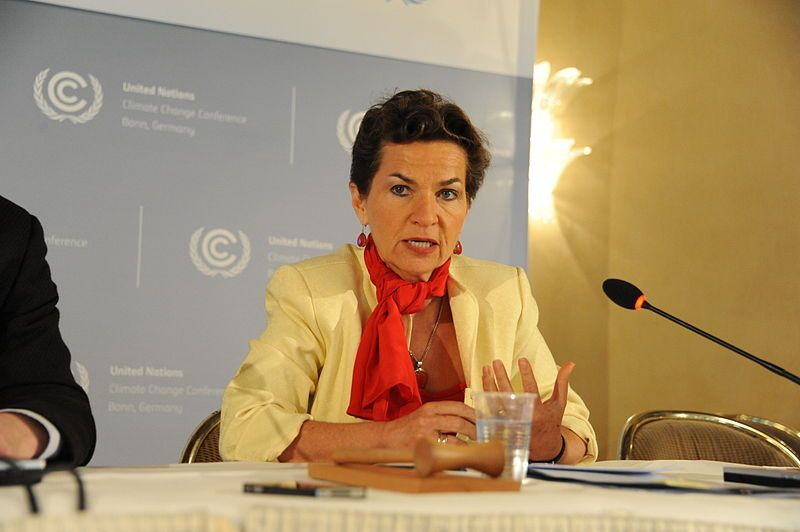Business taking a key role in UN climate process
Business taking a more prominent role in urging government negotiators to take action at December Paris climate talks

Business is taking a more prominent role in calling on government negotiators to take bold action on climate change by cutting carbon emissions as countries begin their next round of United Nations climate talks.
The talks come just days after the World Meteorological Organization (WMO) confirmed that 14 of the 15 hottest years recorded have all been in the 21st century.
The UN agency said that it expects climate change to worsen “given that rising levels of greenhouse gases in the atmosphere and the increasing heat content of the oceans are committing us to a warmer future.”
The current talks opened on Sunday in Geneva and negotiators will advance the draft text of a new, global climate agreement set for adoption in Paris at the end of 2015.
New co-chairs, Ahmed Djoghlaf of Algeria and Dan Reifsnyder of the United States, will lead government delegates and will work on the draft negotiating text that countries agreed at the Conference of the Parties to the UN Framework Convention on Climate Change, UNFCCC, in Lima last December.
The B Team, a group of CEOs from some of the world’s leading firms including Virgin founder Richard Branson and Unilever chief Paul Polman, are urging world leaders to commit to a global goal of net-zero greenhouse gas emissions by 2050 at the Paris meeting this December.
The group which includes Tata International’s Ratan Tata and telecom billionaire Mo Ibrahim, wrote a letter to the UN’s top climate official, Christiana Figueres, on February 5 calling for the new commitments.
The B Team letter said: “Our ambition – a global goal of net-zero greenhouse-gas (GHG) emissions by 2050 – builds on recent talks at the COP20 climate summit in Lima, and is grounded on an assessment of the latest scientific research, business risks and the economic costs of failing to keep within the 2°C threshold,”.
The group say that businesses will respond by incorporating climate action measures into their strategies, which will drive investment in clean energy, improve low-carbon services and technologies, support economic growth and create jobs.
Branson and former Puma CEO Jochen Zeitz formed the global non-profit in 2013 to help companies develop a ‘Plan B’ option of doing business.
We Mean Business, another coalition of organisations which works with thousands of companies and investors, has set out its key “business asks” to the UN climate change negotiations in Geneva.
The group said that the private sector is expecting the negotiations to help them realise the benefits of a new agreement by, “investing political capital in increasing climate ambition during this decade, finalising the elements of a new climate agreement that will be agreed in Paris, pushing for national contributions to climate action to be at the highest end of the ambition spectrum, and committing to net-zero-emissions well before the end of this century.”
In a statement We Means Business said: “the only way to provide the consistent and predictable policy environment business needs to unleash a wave of innovation.”
Peter Bakker, President of the World Business Council for Sustainable Development (WBCSD), said: “Innovative businesses are increasingly aware that bold climate action represents superior returns. Both We Mean Business and New Climate Economy reports prove the point. Now it’s time for more businesses to sign-up to science-based targets, reduce their climate risk exposure and capture this historic opportunity for people and our planet.”
The World Resources Institute (WRI), a leading non-profit NGO, said in a statement: “We come into the year with momentum from 2014, which included the UN Climate Summit in New York, the US-China climate action agreement and more than $10 billion in pledges for the Green Climate Fund. Put together effectively, the Paris package could not only decide what to do, but decide an implementation plan of how to do it.”
Michel Jarraud, the WMO Secretary-General, said: “The overall warming trend is more important than the ranking of an individual year. Analysis of the datasets indicates that 2014 was nominally the warmest on record, although there is very little difference between the three hottest years.”






